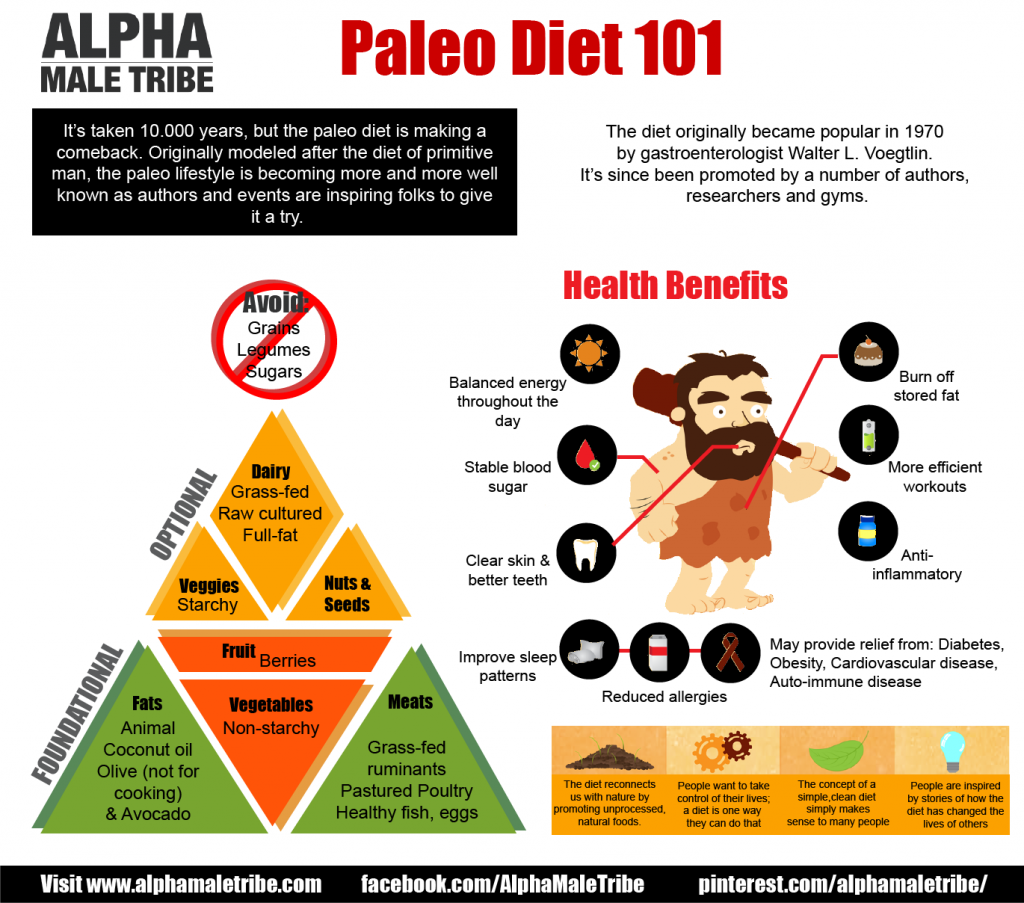Struggling with mood swings, anxiety, brain fog or fatigue? If so, you may be GABA compromised. An important neurotransmitter that contributes to our overall sense of well-being, GABA production can become severely disrupted by chronic stress and during the dark winter months. Gut flora imbalance, environmental pollutants and pharmaceutical drug use are also associated with lowered levels. Those on a Paleo diet may suffer from insufficient GABA too.
And while promoting neurotransmitter equilibrium can be an exercise of trial and error, several methods are available which show promise in promoting mood stability and brain health. One of the first steps is to forgo our usual (short term) energy kick of caffeine, refined sugar and excessive carbohydrates – all of which significantly wreak havoc on delicate brain chemistry. Instead, we focus on specific nutrients and increased amounts of healthy fats.
Mood swings and the Primal diet
Many of us have embraced a Paleo lifestyle as an effective way to slim down, boost energy and relieve food sensitivities to dairy and grains. But the diet has a dark underbelly that often includes an uptick in stress, anxiety and insomnia – all of which are associated with low GABA levels. One of the main problems is that high protein diets severely limit the building blocks needed for the creation of the neurotransmitter.
According to research published in Physiology & Behavior, rats who consumed a diet rich in fat, but not in protein or carbohydrates, experienced significantly lower anxiety than their protein or carbohydrate diet counterparts.
Another issue with high protein diets is the release of cortisol – a stress hormone that causes weight, sleep and behavioral issues. A case in point is this study that discovered men who consumed protein had an increase in cortisol levels. Those who were given a carbohydrate meal did not experience raised levels of the hormone.
As far as GABA is concerned, results from animal tests revealed that protein-rich diets contributed to a decrease in GABA activity and immune response. In contrast, long-term consumption of a protein-poor diet produced heightened GABA activity and stronger immunity. The findings were published in the journal Neuroscience.

